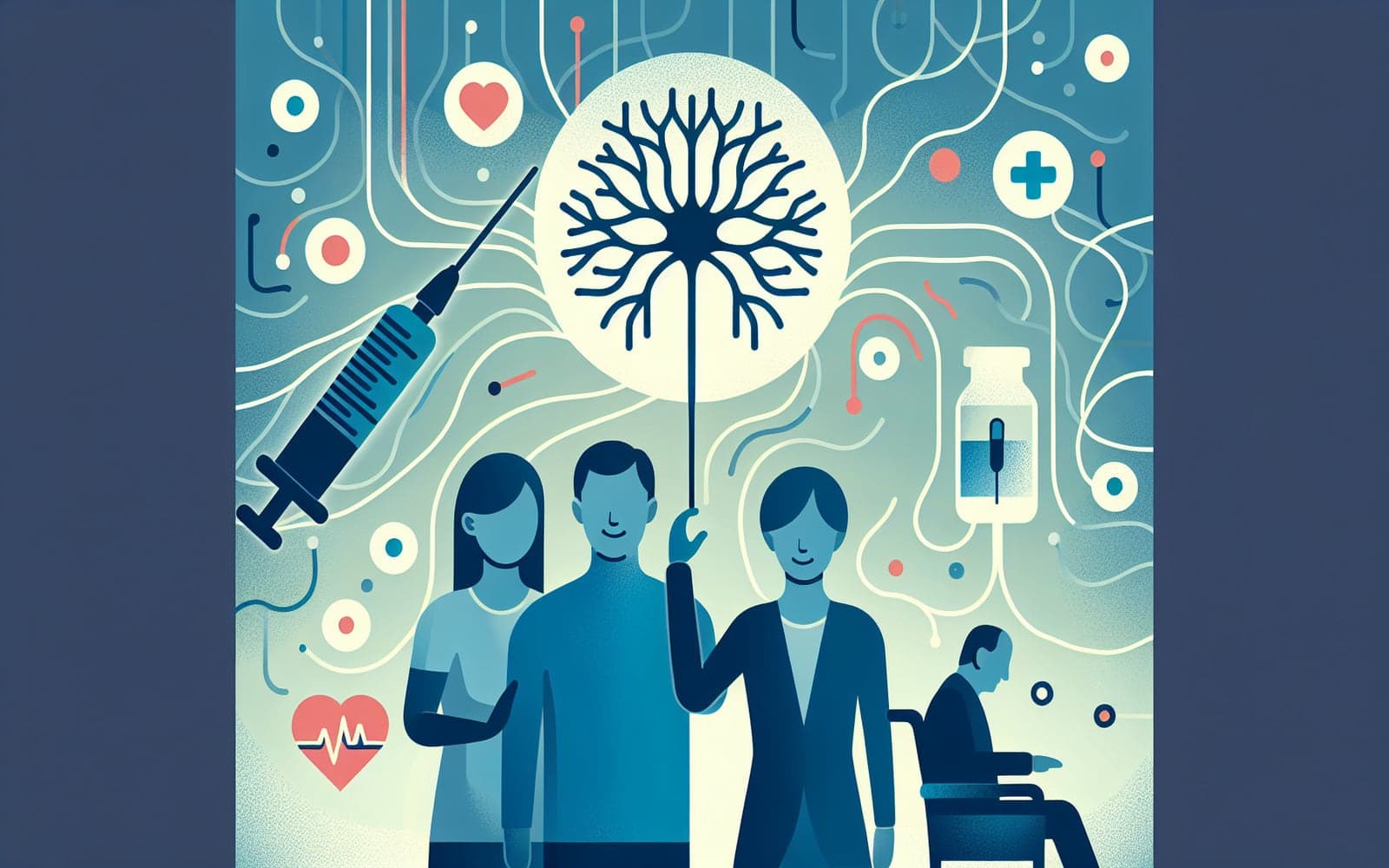Guillain-Barré Syndrome: What You Need to Know About This Rare Nerve Disorder
Published: Jun 08, 2024
Guillain-Barré syndrome (GBS) is a rare autoimmune disorder that attacks the nerves, causing muscle weakness and sometimes paralysis. While it can be scary, most people recover with proper treatment.
Contents
What Causes GBS?
The exact cause of GBS isn't known, but it often occurs after an infection. Your immune system, which normally fights off invaders, mistakenly attacks your nerves. This is like friendly fire in your body - your defense system accidentally hurts your own troops. Common triggers include gastrointestinal or respiratory infections, but sometimes there's no clear cause.
Recognizing the Symptoms
GBS typically starts with weakness and tingling in your legs and feet. These sensations can quickly spread upwards, potentially affecting your whole body. In severe cases, muscles controlling breathing can be impacted, leading to breathing difficulties. Some people also experience severe pain. The symptoms usually peak within a few weeks.

Diagnosis and Treatment
Doctors diagnose GBS through a combination of symptoms, physical exam, and tests like spinal fluid analysis and nerve conduction studies. The main treatments are plasma exchange (which filters harmful antibodies from your blood) and intravenous immunoglobulin therapy (which introduces healthy antibodies to block the harmful ones). Most people start improving within weeks and recover fully, though some may have lasting effects.
Frequently Asked Questions
GBS affects about 1 in 100,000 people annually.
There's no known way to prevent GBS.
No, GBS isn't contagious.
Yes, but it's more common in adults and older people.
Key Takeaways
While GBS is a serious condition, most people recover with proper medical care and support.
If you're concerned about GBS symptoms, don't hesitate to discuss them with Doctronic for personalized advice and guidance.Related Articles
References
Hughes RA, et al. Lancet Neurol. 2014;13(1):70-82.
Willison HJ, et al. Lancet. 2016;388(10045):717-727.
Always discuss health information with your healthcare provider.

